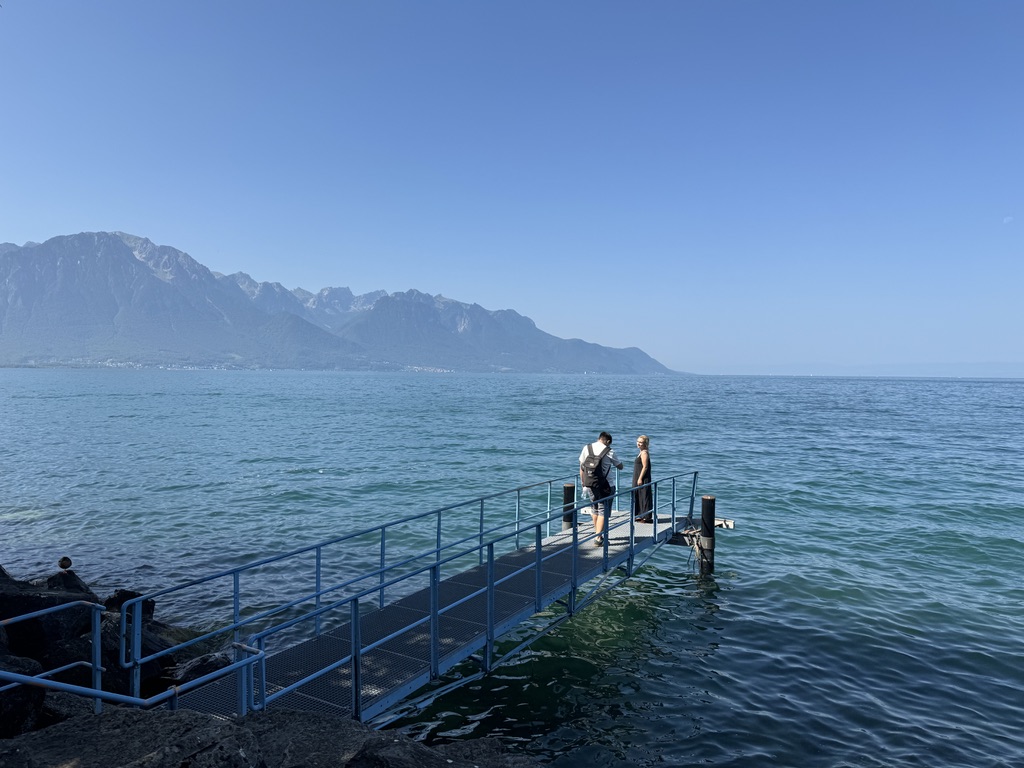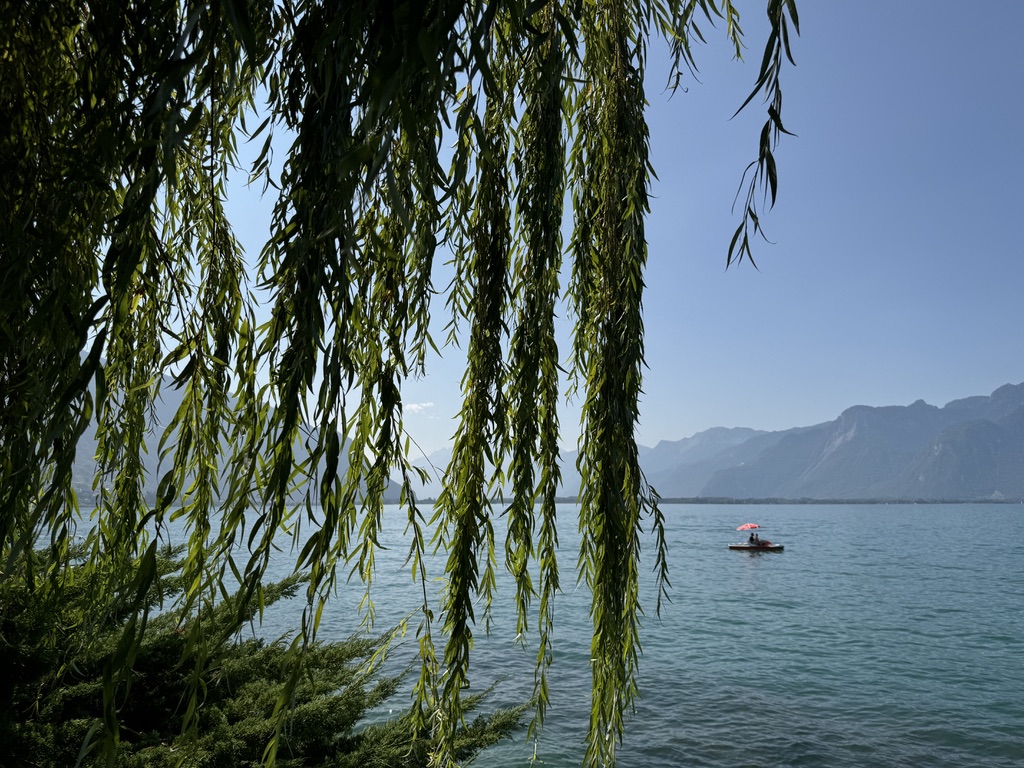The Ethics of Ethical Travel
“… each man kills the thing he loves” Oscar Wilde
OH SHIT
It’s complicated
I was all gung-ho to start this blog in order to encourage people to retire early and travel the world. Then I read an article about thousands of Barcelona residents protesting over-tourism because of its negative effects on their quality of life. It gave me pause.
I watched a couple of documentaries and listened to some ethical travel podcasts to get some perspective. It was very sobering. I’m still digesting what I learned and wanted to share my ruminations with you.

Brain Stem Impulses
The wanderlust gene
The urge to explore
Humans are explorers. For millennia, humans have sought new lands, new experiences, settling in new places. These days, with cheap flights just a click of a button away, and a “bucket list” of destinations to check off and Instagram photos to emulate, it’s a perfect storm.
Approval-seeking
A research study concluded that trophy hunters collect their grisly prizes in order to gain status. The killing of a large animal and displaying its stuffed corpse or posing with the carcass for social media is the product of the hunter seeking a higher status in the “tribe.”
Tourists these days are on a different hunt — the perfect portrait in that sun hat and flowing dress. The number of boyfriends I’ve seen robotically taking their girlfriend’s photos posing in front of a famous landmark is notable.
The end goal of both is the same, though: attention, approval and acceptance.

A PHOTO TELLS 1,000 WORDS
Unfortunately
Thanks, Instagram
My sister’s friend owns a house on a mountainside in Switzerland. One single beautiful photo taken from their street went viral, and there is now a constant stream of “influencers” trespassing on his front lawn, clamouring to take the exact same photograph. He had to erect a fence to keep them out, after many requests to stop, all of which were ignored.
This phenomenon puts pressure often on locations which do not have the infrastructure to absorb this kind of sudden influx.
A camera in everyone’s pocket
A 2013 university study suggests that taking pictures outsources the job of remembering. Knowing that you can look at something again later prevents you from fully taking it in and appreciating it in the moment.
I love technology, don’t get me wrong. But an unfortunate offshoot of phone camera advances is at the root of this overtourism problem. Everyone is now a documentarian. Beautiful photos can be taken and shared from these magical devices, with barely a moment’s thought, immediately and at no cost. Less than 20 years ago, you’d need to carry a camera with film, wait for the prints to be developed, each step of which cost money. Everything was slower and more thoughtful.
NOW WHAT?
So, what am I doing about this personally?
The truth
If I’m being honest, I struggle with the ethics of global travel. Sometimes it feels downright selfish. I’m always considering ways I can reduce my carbon footprint and be a more mindful traveller, by taking local transit, minimizing the number of flights I take and supporting local businesses.
I wonder, would I be producing less of a carbon footprint back home, heating my house in winter, driving my car and buying avocados flown in from Mexico? I know I would be miserable and not do anyone any good, moping around in a dingy beige basement suite in rainy Victoria, making some landlord richer. I have to exist somewhere in the world, why not enjoy myself while I do it and support local businesses?
Voluntourism
I think about giving back to local communities. Volunteering abroad has its own set of challenges such as taking jobs away from locals, and supporting potentially for-profit schemes. Every action we take in life has an equal and opposite reaction and we must be mindful and educate ourselves on all the angles.
Finding “my calling”
At the end of the day, I just don’t know what the right answer is. In an ideal world, I will find my calling abroad, with a legitimate volunteer organization, or I could make a documentary bringing a worthy cause the attention it deserves. But I will only discover this cause by wandering.
SOLUTIONS
So what can you do?
Your wallet is a powerful weapon.
Here are some actions you can take to reduce your impact while travelling.
- Do your research about which cities / areas are becoming “overtouristed” and think about alternative locations.
- Limit your long haul flights.
- Take local ground transit whenever possible.
- Stay local vs chain hotel.
- Travel more slowly – stay in a location for a few weeks rather than a few days and really get to know the area. You’ll save money and have a more authentic experience.
- Consider smaller towns and cities rather than putting so much pressure on the “honey pot” destinations.
- Seek out genuine volunteer opportunities.
- Be mindful around any tourist opportunities involving animals, particularly wild or exotic ones. The behind-the-scenes would probably horrify you. Examples of this type of activity: petting tigers in Thailand (animals are often drugged), watching elephant soccer games (the training methods are horrific), orangutans performing tricks (their habitats are being destroyed) and swimming with dolphins (the animals are captured in a brutal bloodbath where pods are separated and mothers are slaughtered.)
- Shop, stay & eat at locally owned businesses.
- Be mindful of the impacts of accommodation apps like AirBNB which can negatively impact local rental costs.
- Don’t be that drunken yobbo that ruins a beautiful location with your antics. Respect local cultures and conduct yourself appropriately. (Okay grandma)
- Bring a water bottle with a filter rather than use disposable water bottles. Life Straw is a good brand which gives back to developing countries.
- Consider whether a cruise ship / resort — which have incredibly wasteful practises — are the best use of your dollar. Think about who owns them, where the money ends up. Probably not into the hands of the local people who need it most.
- Tour outfits like Intrepid and G Adventures hire local guides and support local businesses.

Travel slowly!
Don’t treat your trip like a “to do” list
Stop hopping from city to city. Stop taking a million photos and just appreciate the fact that you are there. Look with your eyes, not through the camera lens. You can find a nicer photo online to share or buy a postcard to frame. Are you there to collect photos like a butterfly collector? Think about what you will do you do with these photos at the end of your trip.
SOMEONE’S HOME
Don’t forget that your vacation spot is someone’s home.
Unless it’s Venice, where most locals have moved to escape the crowds, you are in someone’s home town.
Slow travel. Consider whether airbnb is the best option. Many ethical travellers are boycotting the platform due to its destructive nature on the local economies it professes to support.
We can’t stop tourism — it’s only going to grow. But we can spread the word and be more mindful in our choices and how we respect other people’s homes. Let’s treat each place as if it were our own, because at the end of the day, we all share this blue marble.
FURTHER READING
Take a deeper dive
Now, I’m not giving you homework or anything (just writing that gave me hives), but if you want to learn more, here are some articles and videos you can watch. Thanks for coming to my TED talk.
Nomadic Matt’s excellent article on the subject
The Last Tourist documentary (free to watch)
Crowded Out – the story of overtourism (free to watch)
Barcelona protests overtourism
Intrepid Travel & G Adventures, ethical tour companies
